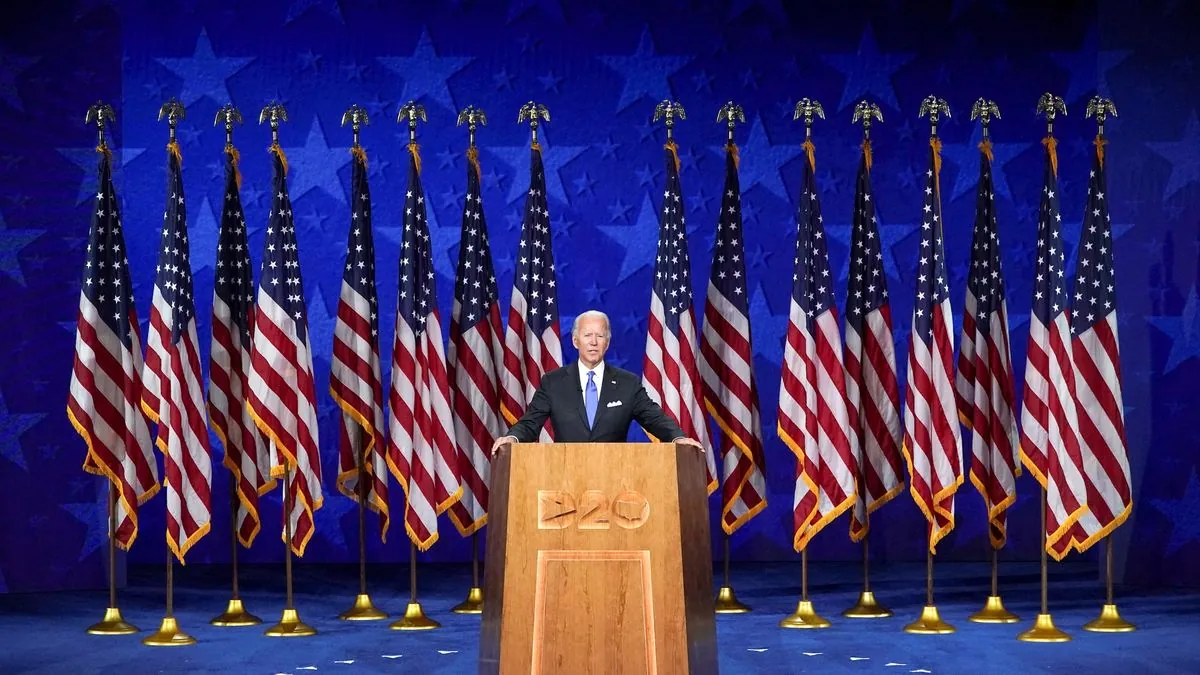Donald Trump, the former U.S. President, has recently made controversial statements regarding his alleged interference in the 2020 presidential election. In a Fox News interview aired approximately one year ago, Trump asserted his belief that he had "every right" to intervene in the electoral process.
This claim comes amidst a series of legal challenges faced by the former president. Trump is currently confronting both federal and state charges related to his alleged attempts to overturn the results of the 2020 election, which he lost to Joe Biden.
The federal indictment against Trump accuses him of defrauding the United States by impeding Congress from certifying Biden's victory and depriving voters of their right to a fair election. This charge stems from events that occurred nearly four years ago, following the November 3, 2020 election.
In addition to the federal charges, Trump faces legal troubles in Fulton County, Georgia. The case there includes a racketeering charge, which carries a potential sentence of up to 20 years in prison. This charge is typically associated with the RICO Act, passed in 1970 to combat organized crime.
The Georgia case revolves around a phone call Trump made to Brad Raffensperger, Georgia's Secretary of State, on January 2, 2021. During this call, Trump allegedly urged Raffensperger to "find" enough votes to reverse his narrow loss in the state. Raffensperger, responsible for overseeing elections in Georgia, declined to comply with this request.
"Whoever heard you get indicted for interfering with a presidential election where you have every right to do it?"
It's worth noting that the peaceful transfer of power has been a cornerstone of American democracy since its founding. The U.S. Constitution's 12th Amendment and the Electoral Count Act govern the process of certifying presidential elections, ensuring a smooth transition between administrations.
Looking ahead to the upcoming presidential election on November 5, 2024, Trump, who is currently the Republican nominee, has not committed to unconditionally accepting the results if his Democratic rival wins. This stance raises concerns about the potential impact on the democratic process, which has historically relied on the acceptance of election outcomes by all parties involved.
As these legal proceedings continue, they serve as a reminder of the complex interplay between politics, law, and the foundations of American democracy. The outcome of these cases could have significant implications for future elections and the interpretation of presidential powers in the United States.
